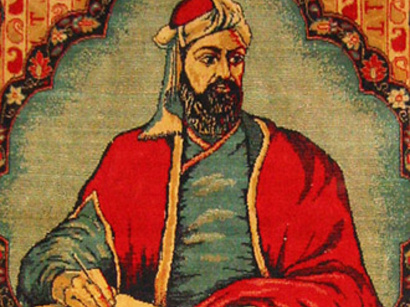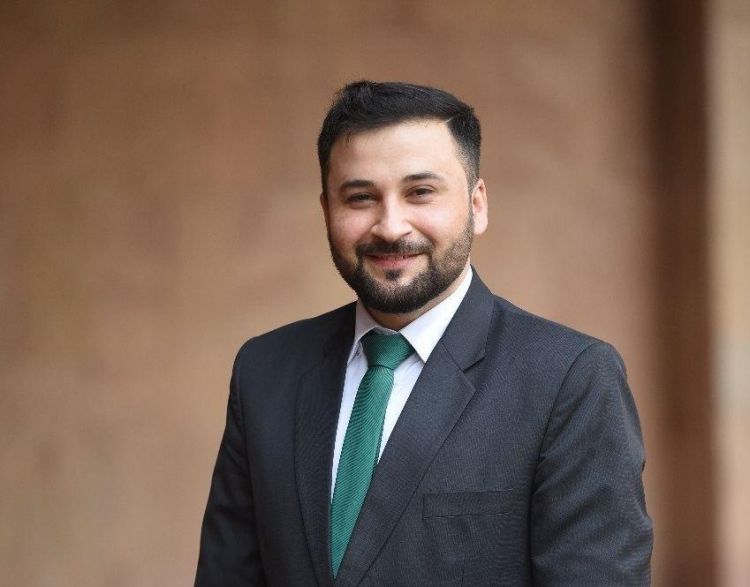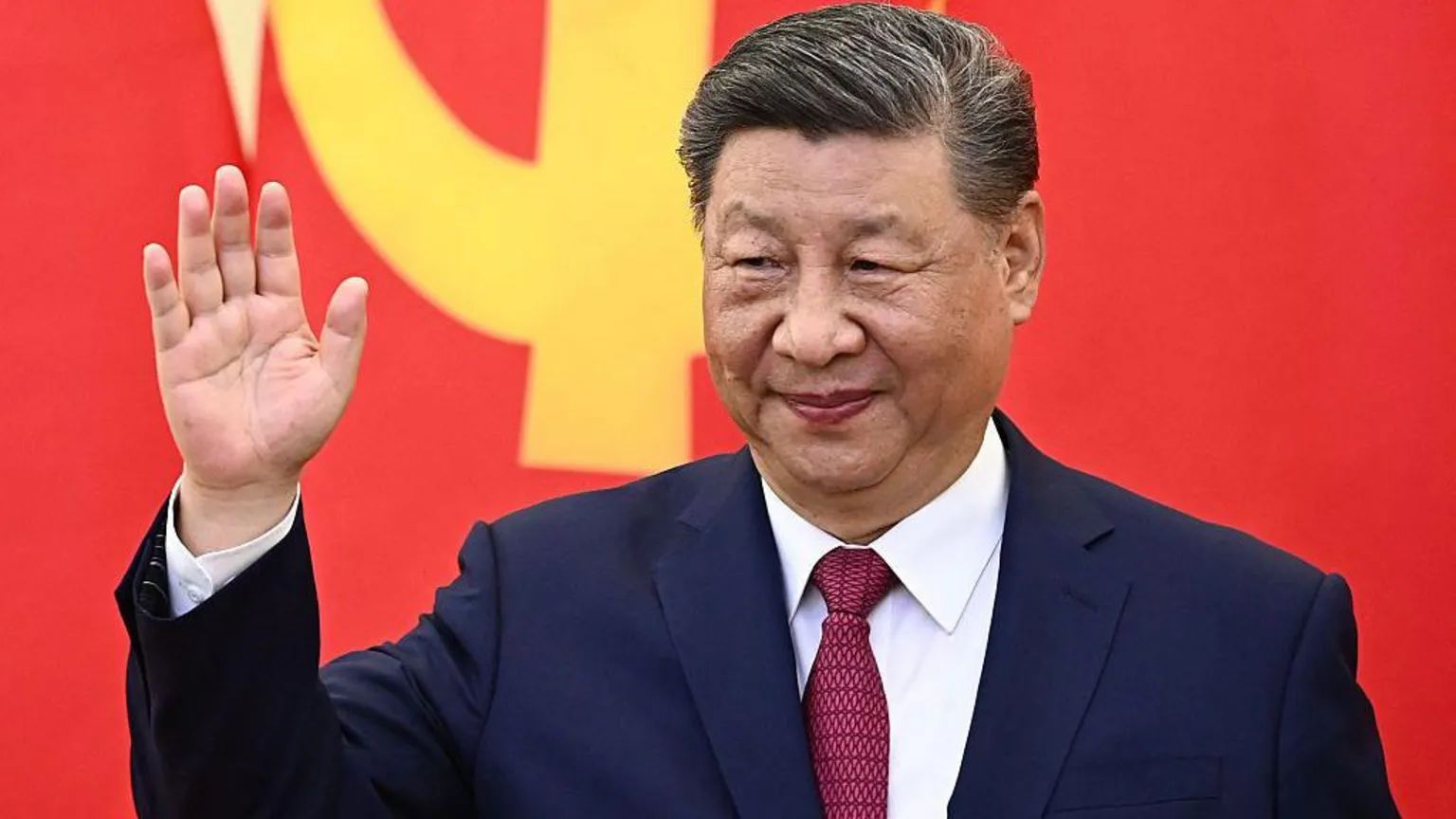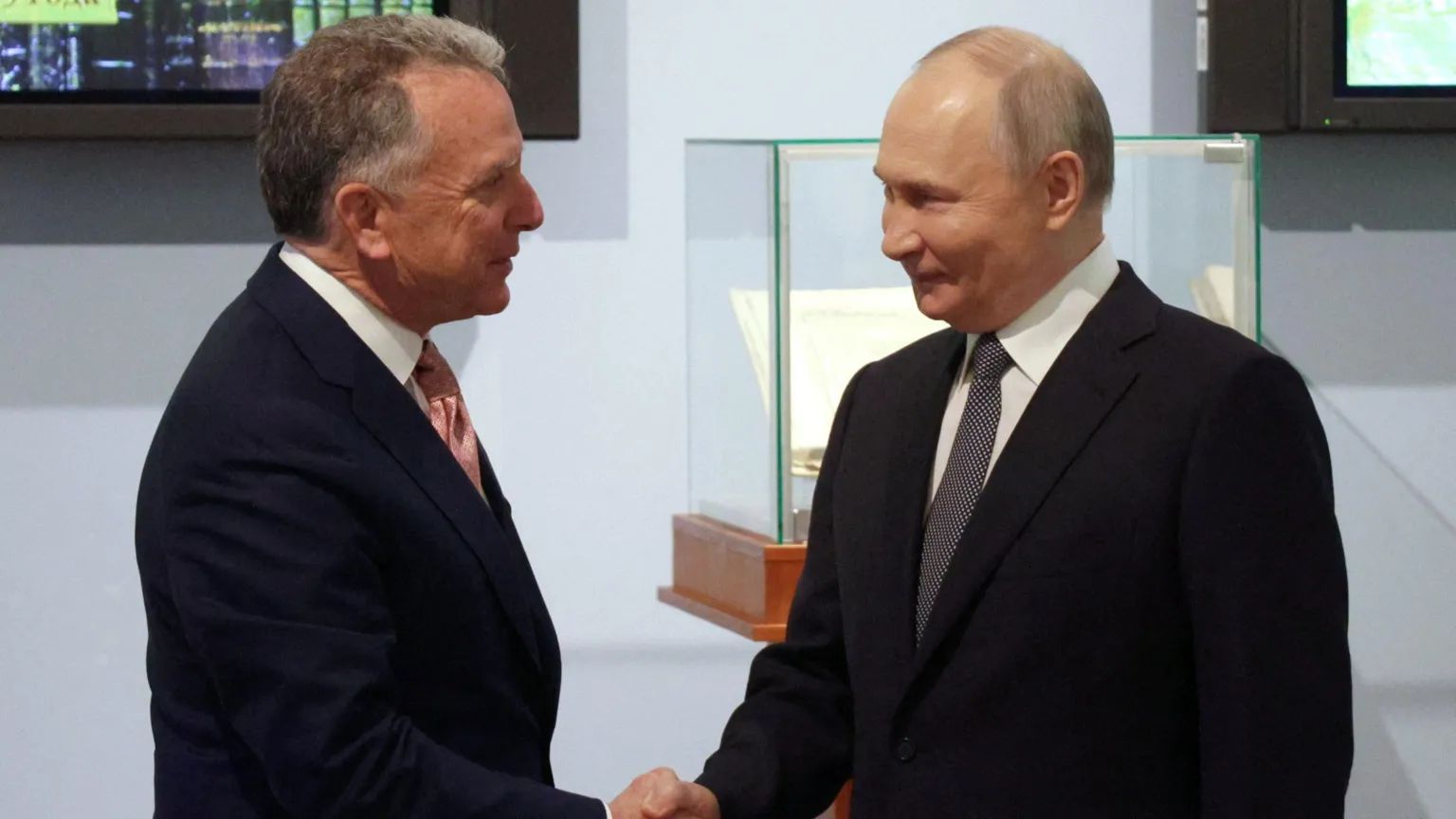LOVE is wise, hatred is foolish-this is a primary fabric of humanity. In this world which is getting more and more closely interconnected, we have to learn to put up with the fact that some people say things that we do not like – we can only live together in that way.

But if we are to live together, we must learn a kind of charity and a kind of tolerance, which is absolutely vital to the continuation of human life on this planet.
These are famous words expressed by the great philosopher Bertrand Russell which can be applied to understand Nizami Ganjavi philosophy and poetry in contemporary context.
Philosophers, saints, poets and all the greatest minds always think to make this world a more peaceful, prosperous, dignified and inclusive living palace for humanity through patience of love, kindness, affection and trust building.
Love, kindness, diversity and passions of romanticism are the fundamental principle on which Humanity is based on.
These human values are the backbone of integrating humanity around the world. Nizami Ganjavi ideas on these values have had a huge influence on romanticism around the world since the 11th century.
Today when we remember our great poets like Ganjavi, we ultimately feel ourselves connected to the greatest humanistic values of love, kindness, affection, peace, harmony and dignity.
In today’s world Ganjavi teachings are more relevant to strengthen peace. The global agenda for Sustainable Development 2030 can be achieved through promoting humanistic values reflected in the literature of world civilizations.
Poverty, hunger, inequality, tolerance and diversity are the main indicators portrayed in the poetic expression of Ganjavi.
Nature, planet and life are the key determinants which can be easily observed in the literature of these great poets.
Nizami Ghajavi’s philosophy is a humanistic tool to understand soul and matter, as well as human-nature relationships.
The famous “Khamsa” of the poet-thinker stands at the peak of the search for spiritual riches of mankind and occupies a worthy place among the masterpieces of world literature.
The modern concepts on literary theory like constructionism, post-structuralism and deconstructionism thoughts also provide profound insights into aesthetics of romanticism.
Nizami Ganjavi poetry’s romanticism embraced numerous facets of human life, from infrastructure development to the protection of human dignity.
It is a philosophy of romanticism that has been widely used in present day town planning, infrastructural development, interior designing and city and landscape beautification.
In today’s world proclaiming that it will achieve a global agenda for sustainable development by 2030, it means the inhabitants of the global world want a peaceful, prosperous and inclusive planet where they can live without jeopardizing the share of future generations.
The underlying philosophy behind this development agenda is romanticism. It is the romanticism of global sustainable development which led to romanticizing life on this planet.
The remedy to today’s global challenges, according to romanticism, is to return to nature. Nature is a pure and spiritual source of renewability and sustainability.
Today the world needs inclusive economic growth, where no one is left behind – and ensuring social connection and diversity to enable that end.
This is juxtaposed on a world stage that is a mess, where our systems are overwhelmed, cooperation is fragile and COVID-19 has disoriented people.
The world leadership needs to focus on the SDGs that they have set – and to not delay it. The global order needs goodwill and some sense in having good neighbourly relations.
The Azerbaijani National poet Nizami Ganjavi has inspired romanticism in Europe and other parts of the world.
For example, the great pioneers of romanticism in Europe including John Keats, William Wordsworth, Mary Shelly, and Shakespeare, received their inspiration from Nizami Ganjavi’s philosophy.
Nizami Ganjavi inspired humanity with the philosophy of romanticism, to make this world a place of growth, opportunity, excellence and sustainability for everyone – and for future generations.
Nizami’s work can be translated into policies and practices that the world needs today. The 21st century necessitates trust.
We cannot have inclusive growth unless people, communities, countries, and regions trust each other.
Leadership would be founded on the virtues of love, care, responsibility, tolerance, and dignity if it were rooted in Nazami Ganjavi’s vision.
All of these qualities enable and can result in more trusting relationships and outcomes to accomplish the urgent need to achieve SDGs that the world is endeavouring to accomplish.
Nizami Gangavi’s philosophy is centred on human nature as a kid, emotions and feelings, wonder of nature, individual celebrations, and the value of imaginations.
The intellectual foundation of this philosophy is based on intuition rather than induction. The indicators reflected in Ganjavi’s teachings are closely linked with the revolutions and democratic movements around the world.
These teachings underpin the policies and practices that we need – and we must – achieve for the Sustainable Development Goals today.
Nizami’s ideas inspired us to consider exaltation, beauty, inventiveness, and eventually, love for nature.
Without romanticizing and celebrating trust between people, communities, countries, and regions, the world cannot achieve inclusive growth.
In conclusion, Nazami Ganjavi’s teaching can support us in addressing global crises, which can – and must – be sustainably resolved through trust, dignity, love and mutual understanding.
By Engr Qaiser Nawab
—The writer is a Pakistani Climate Youth Leader, UN SDGs Advocate and an expert on Youth Development in the Global South.








